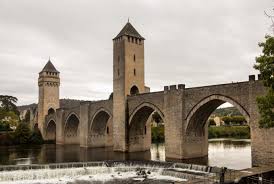India’s Enduring Love for Culture and Unity

Introduction
India, known for its rich tapestry of cultures, languages, and traditions, is a land where love is intricately woven into the societal fabric. This deep-seated affection is not just between individuals but extends to the heritage, festivals, and diverse communities that thrive across the subcontinent. As the world grapples with challenges of division and misunderstanding, India’s love for unity and cultural diversity remains a beacon of hope and inspiration.
A Tapestry of Cultures
With over 1.4 billion people and more than 2,000 distinct ethnic groups, India’s diversity is unparalleled. The love for cultural expression can be seen in its festivals such as Diwali, Eid, Christmas, and Pongal, each celebrated with enthusiasm and a shared sense of community. These festivals foster connections that transcend religious and regional boundaries, encouraging people to appreciate and respect each other’s traditions.
Moreover, India’s numerous languages, with 22 officially recognised and hundreds of dialects spoken, reflect the deep-rooted love for communication and storytelling. This linguistic variety not only enriches interpersonal relationships but also serves as a medium to share feelings of love and affection in countless forms, from poetry to song.
Romanticism in Indian Literature and Cinema
India’s love for romance is prominently displayed in its literature and cinema, which have shaped public perceptions of love. Renowned literary figures like Rabindranath Tagore and contemporary authors such as Chetan Bhagat explore themes of love across different contexts and demographics, resonating with diverse readers.
In Bollywood, the country’s film industry, romantic films often top the box office, showcasing stories that celebrate love in its myriad forms. From epic romances to tragic love stories, Indian cinema reverberates with the themes of love, often leaving audiences with poignant lessons of connection, sacrifice, and companionship.
Conclusion
As India navigates the complexities of modernity, its love for cultural heritage and unity remains steadfast. The bonds forged through shared traditions, collective celebrations, and artistic expressions act as a glue that holds this vast nation together. With growing globalization, there is a risk of cultural dilution; however, India’s intrinsic love for its diverse identity serves as a powerful reminder of the importance of unity in diversity.
Future generations are likely to see an increased blending of traditional values with contemporary dynamics, fostering even greater understanding and affection among India’s varied communities. As we move forward, India’s enduring love for its cultural roots will continue to play a vital role in shaping a harmonious society.









